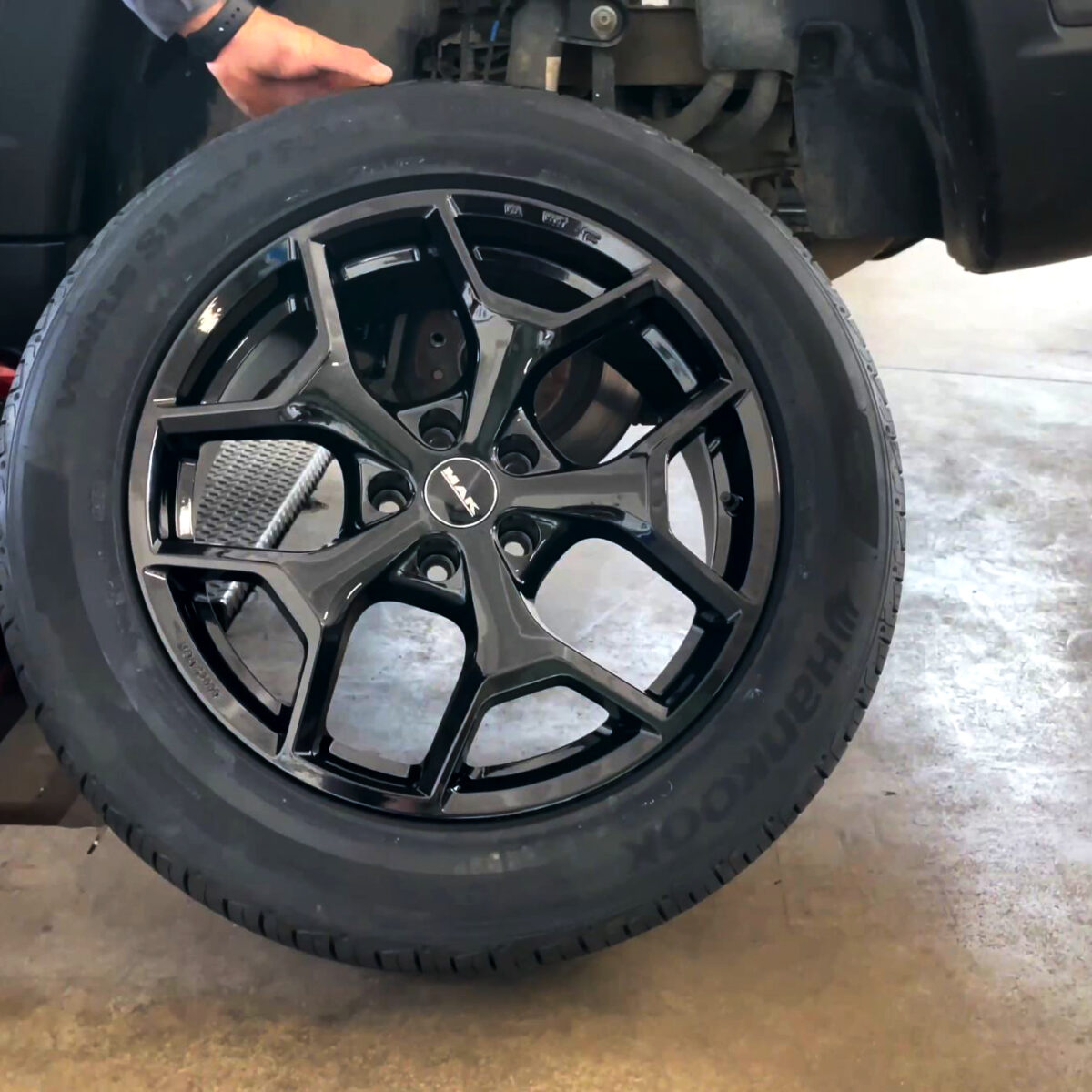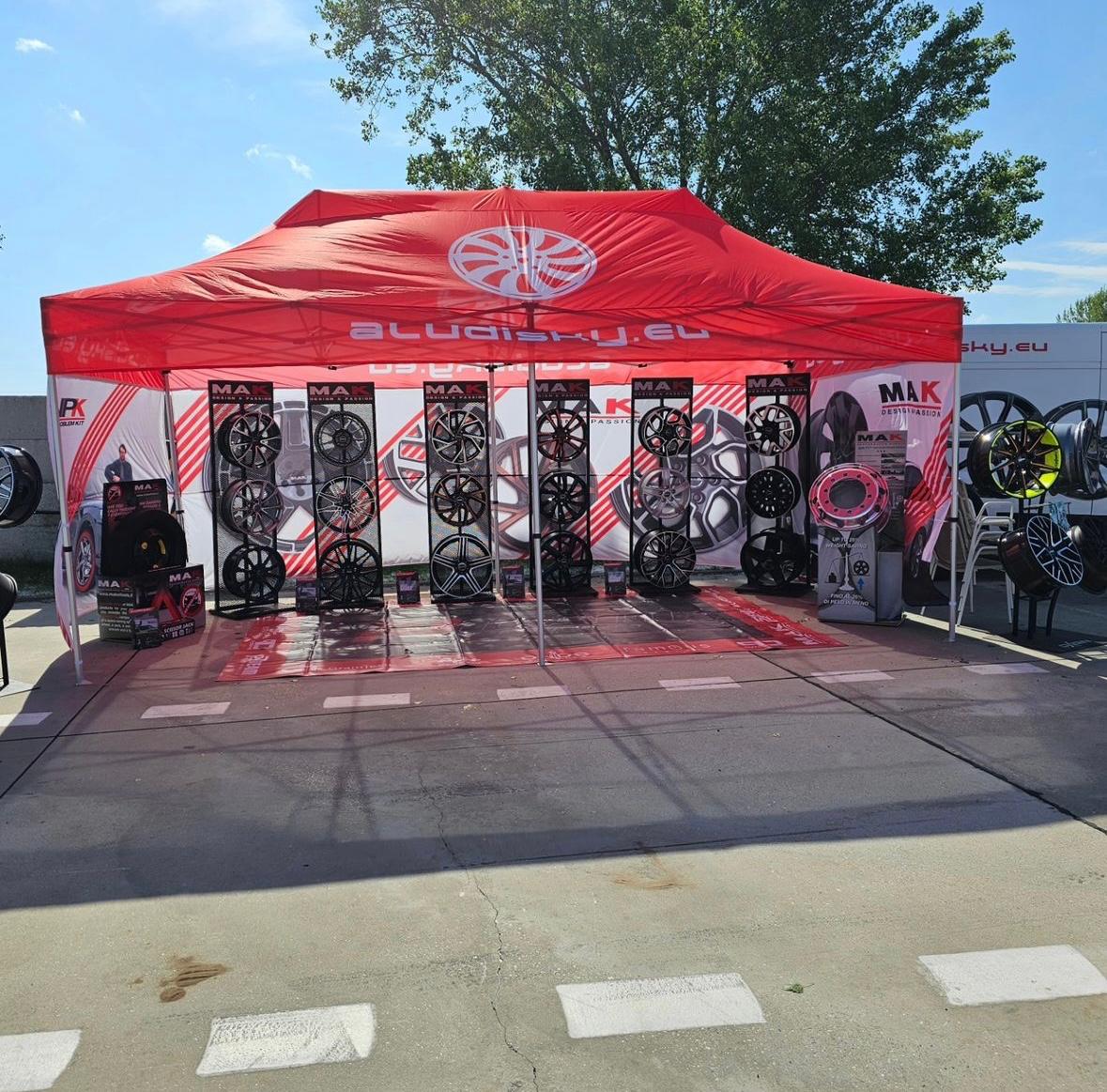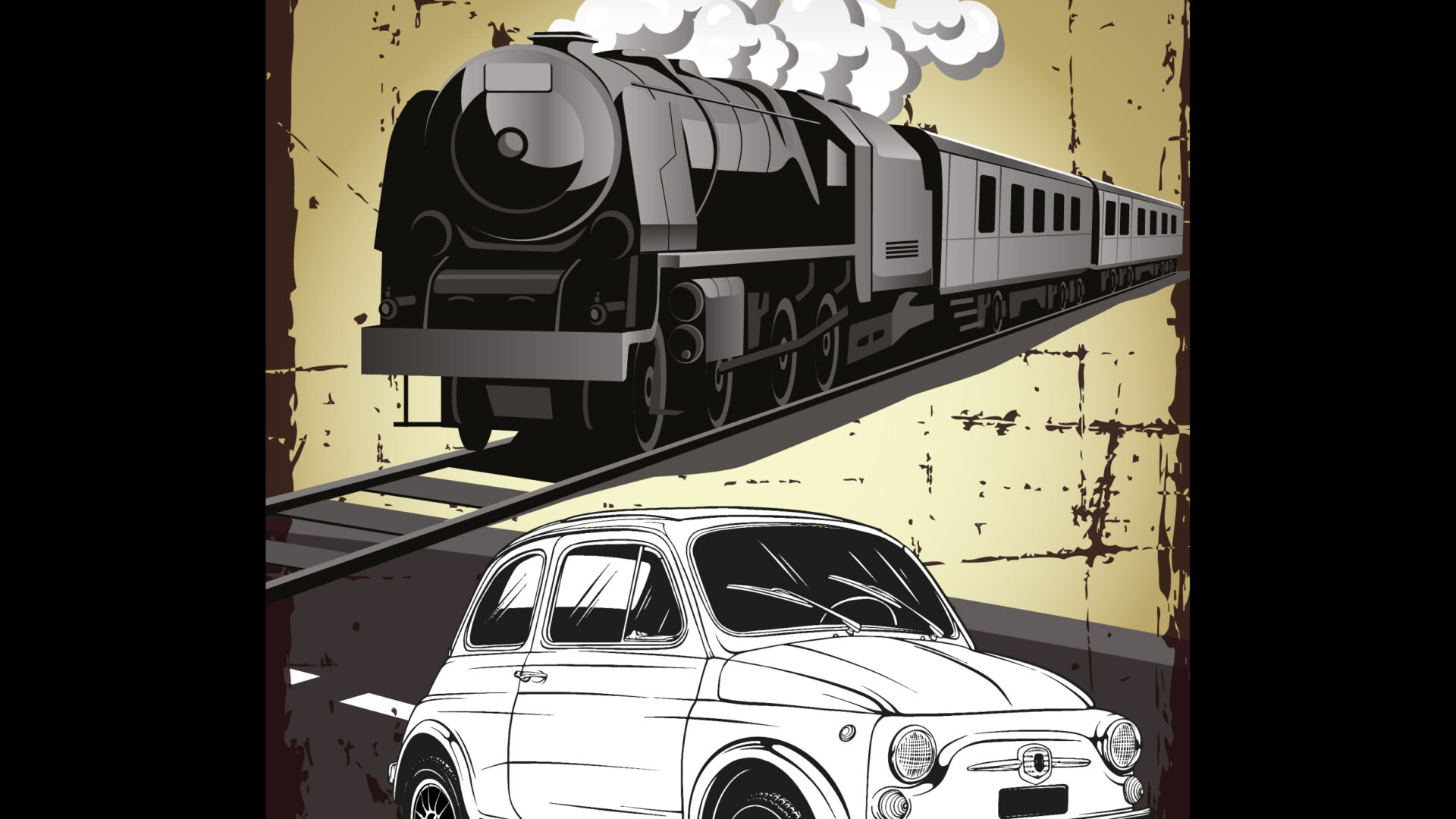It is with great pride that MAK has actively contributed to the realisation of the space dedicated to Travel Therapy at the Fondazione Santa Maria Del Castello in Carpenedolo, a project set up to simulate the cabin of a train in which people suffering from cognitive impairment, dementia and Alzheimer’s remember the experience of travelling, generating feelings of wellbeing and tranquillity.
Below is the full Economy Magazine article describing the project in its entirety:
«There’s the newsagent and the baker, the haberdasher and the restaurant, the cinema and the post office, the coin-operated telephone and the train to get away from it all… and come back serene. Because even though a rural landscape flows outside the window, in reality you are not going anywhere: the train carriage is located inside the Villaggio Insieme (Together Village), the new S. Maria del Castello Foundation pavilion in Carpenedolo, some thirty kilometres from Brescia: 5,400 square metres intended to house 40 people with cognitive impairment, dementia and Alzheimer’s, with obvious behavioural disorders, and another 20 suffering from amyotrophic lateral sclerosis and motor neurone disease. The Littorina FS, the 1960s/70s railway carriage so familiar to a certain generation now in its old age, was realised (complete with a display board indicating and updating departures and arrivals) by a Pistoia-based company specialising in the design, production management and installation of furnishings for healthcare facilities, rest homes and communities: Generali Arredamenti. And what makes this emblematic and innovative project for the care of people with Alzheimer’s and ALS possible is operational rental, or rather performance renting, which makes it possible to transform any asset, from industrial plants to technological equipment to furniture, into a service, through the payment of a fee. «When, in 2017,’ says Claudio Mombelli, CEO and founder of Domorental, ‘we decided to introduce performance renting, an innovative version of operating rentals, from the USA to Italy, we knew that, as an alternative to credit, it represented a sustainable way of financing, not only because it is fully part of the subscription economy trend, but also because of its ethical characteristics and ability to do good, a quality that is typical of the best capitalism. In this sense, our collaboration with the Rsa S. Maria di Castello di Carpenedolo, which created the extraordinary, first and only in Italy, Villaggio Insieme (Together Village) for Alzheimer’s and Sla patients, is one of the most important partnerships in our history’.
If it is called Villaggio Insieme there is a reason: the structure faithfully reproduces, but in a protected context, a cross-section of a village. From the cobblestones of the streets (each with a different name and sign) to the sky faithfully reproduced on the ceilings, from the «houses» (each with its own style, its own window on the street and its own letterbox) to the shops, everything has been recreated to perfection to give people back that familiarity with reality that is so precious for their emotional well-being. The ATM dispenses real money that can be spent in the various shops scattered around the village streets (and one can also sell one’s own creations, e.g. crocheted ones), in the doctor’s surgery the doctor delivers a prescription that one has to take to the pharmacy, the inaccessible rooms have reproduced a lowered shutter.
And then, of course, the train: ‘Travel therapy is a prescription,’ explains Gian Paolo Bucchioni, CEO of Generali Arredamenti: ‘a journey that allows the person with dementia a controlled or stimulated escape from the residential structure. The lights, the dynamic sky, also make it possible to regulate the circadian rhythm. With the Villaggio Insieme we want to demonstrate to the Ministry of Health that this type of environment, which is unique in Europe – the only similar example is in Ohio – is conducive to the care of people with Alzheimer’s. The organisation is horizontal: there are no divisions here. We want to reverse the approach to Alzheimer’s, starting with the person and his needs. And with artificial intelligence and data analysis, we will be able to validate the pathway’.
Oh yes, because the Villaggio Insieme, which to the eye wants to appear as the most traditional (and even a little old-fashioned) of villages, behind the scenes reveals a very high rate of technology: «Biometric data is collected both by wearable sensors and by special plates placed in the beds, and the information is sent directly to the health record,» confirms the Foundation’s designer, Davide Molinari. «The various native platforms dialogue with the medical record thanks to a dedicated API.
This system saves about 10 working hours per day. The building is managed through its digital twin, the methodology being that of Building Information Modeling. And also from a plant engineering point of view, the structure is state-of-the-art, thanks to the new generation inverter geothermal system, triple Uta filters for air purification, and energy-saving LED lighting.
The tax benefits of the Transition 4.0 plan (which replaced Industry 4.0) played their part in this initiative that absorbed economic resources amounting to 12.7 million euro. «All thanks to private individuals and donations received,» emphasises Rosa Di Natale, general director of the Fondazione S. Maria del Castello, «and to the foresight of the president of the board of directors, Fausta Brontesi. «And also to a bit of recklessness,» jokes the president. «We want to show that people with Alzheimer’s and dementia and ALS are still people, and that the disease is only one component.»
Últimas noticias

MAK SOUNDBITES 130 – MAK LIBERTY GLOSS BLACK @ SEASONAL WHEEL CHANGE


